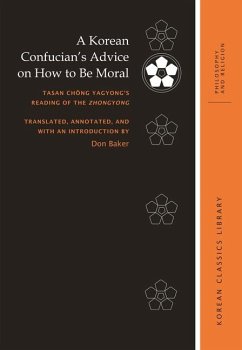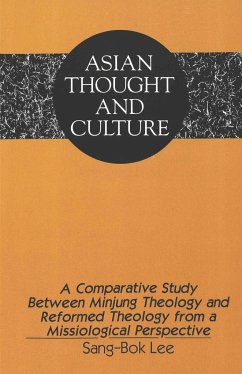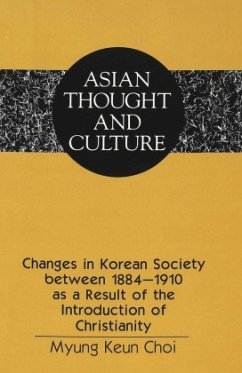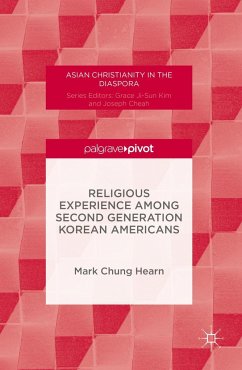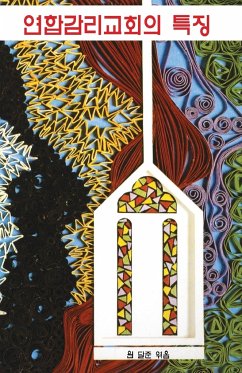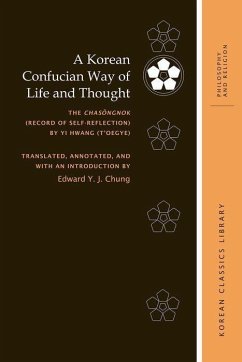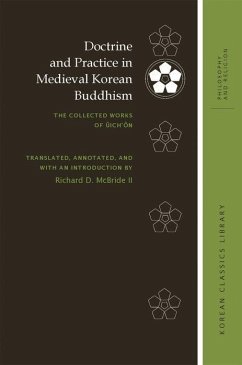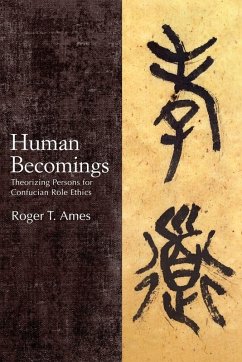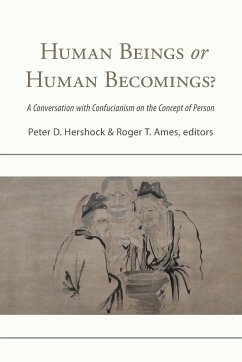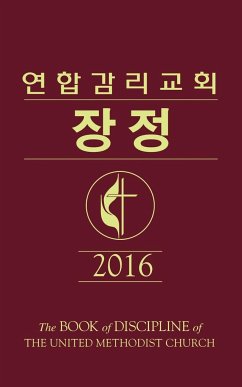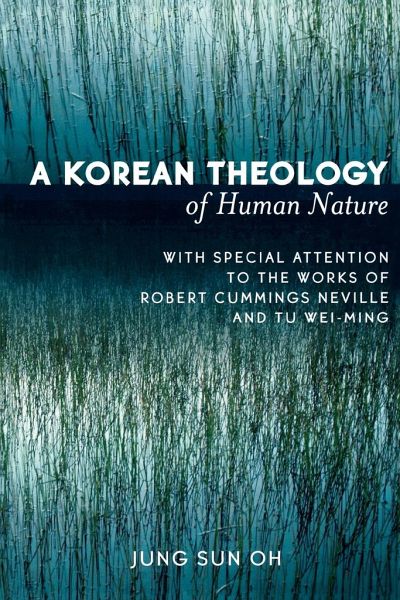
Korean Theology of Human Nature
With Special Attention to the Works of Robert Cummings Neville and Tu Wei-ming
Versandkostenfrei!
Versandfertig in 1-2 Wochen
60,99 €
inkl. MwSt.

PAYBACK Punkte
30 °P sammeln!
This remarkable study articulates a Korean Confucian-Christian theory of human nature, encompassing the theory of justification, sanctification, and salvation by means of a reformed concept of filial piety. The book presents the theological anthropology of Robert C. Neville and the inclusive humanism of Tu Wei-ming as critical guides for the creation of a comparative, contemporary Korean theology.





